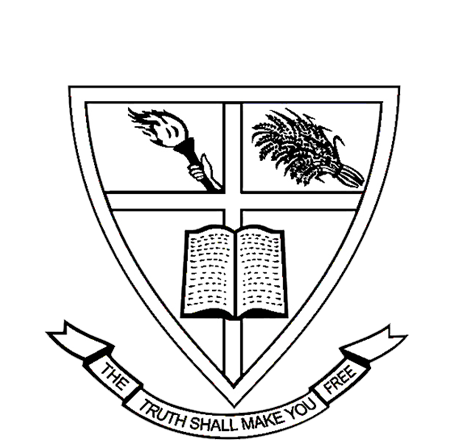 Back
Back BLISS Counseling Center
The Counseling Center was established under the guidance of Department of Psychology in 2000, taking into account the growing psychological needs and its relevance; which caters to the needs of the student community. It was renovated, relocated and renamed as BLISS (Basic Living Skill Service) in 2015 aimed at providing better facilities, easy accessibility and positive presence. Currently BLISS attempt to gratify the mental health needs of students, teachers, and nonteaching staff free of cost. It also extends its services to people from outside U C college community by collecting nominal fees. The faculty members also offer consultancy services to industrial units, schools and other similar organizations.
BLISS provides the following services:
- Psychological Assessment
BLISS is equipped to conduct various kinds of psychological assessment such as interviews, observation, situational tests, psychological tests and behavioural analysis. The psychological tests are used to assess attention, memory, intelligence, aptitude, emotion, personality and neuropsychological functions
- Counseling
Counseling is given mainly for minor mental health problems, career decisions, premarital preparation, marital and family problems and maintaining and enhancing well-being. There are students and staff who voluntarily avail these facilities. Teachers also identify the needy students and direct them to the centre. Individual as well as group counseling are provided. Predominant issues identified so far include interpersonal conflicts, social phobia, exam phobia, adjustment problems, marital difficulties, and academic difficulties. Students with major mental health problems are directed for appropriate treatment.
- Life skills training
BLISS has conducted several sessions of life skills training program especially for newly joined and outgoing students. Each session included 60-80 students. We have attempted to incorporate the 10 core life skills, such as self-awareness, decision making, problem solving, creative thinking, critical thinking, effective communication, interpersonal relationship, coping with stress, empathy and coping with emotions, proposed by WHO.
- Study skills training
It was found that many first year students have difficulty in adjusting to higher education requirements. Students are helped in understanding and memorizing large amount of information, adjusting to newer methods of teaching, meeting deadlines of various academic activities, preparing for exam, managing time during exams etc.
- Awareness Programs
These are focused on improving attitude and awareness about mental health problems and thereby reducing stigma. This will facilitate needy students to avail help. BLISS also has plans to conduct awareness programs about mental health issues of adolescents for teachers so that they can better identify students who require counseling. In the present society students have become more and more targets of substance abuse and various kinds of negative peer influence. We are also aiming at sensitizing students to these serious social disasters.
- Conducting surveys
We have attempted to conduct surveys on relevant mental health and social issues in the campus as well as in outside community as part of undergraduate student projects. These research activities would help us to understand the community which will further enable us to formulate community based intervention programmes as well as sensitize students and authorities about relevant mental health issues.
Former Heads of the Psychology Department, Rev. Thomas John and Dr. K. E. Leelamma are available at the BLISS once in a week. They are also actively involved in training programs. All the present faculty members and research scholars also whole heartedly contribute to the smooth functioning of BLISS. Those who wish to avail the facilities can contact faculty members of Psychology department.
